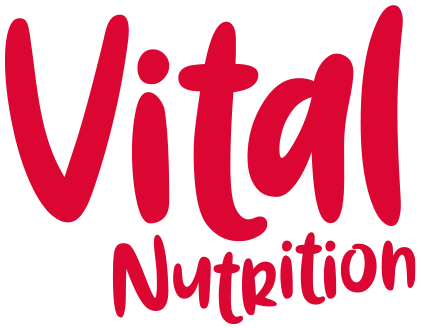Should we change our diet coming out of lockdown?
Most of us embark on a diet when we notice our jeans are a bit tighter than they used to be, or if there is a big event like a holiday or family wedding to look forward to.
In these strange times of lockdown we have less incentive, as hanging out in loungewear with added lycra creates more space for the muffin top, and most events are postponed until further notice.
But this week I have noticed a few posts on social media proclaiming from people that their lockdown larder has got to change as the threat of heading back to work or being able to socialise more with friends has turbocharged the urge to lose weight.
From low fat to low carb, it seems everyone has an opinion on how best to lose weight. So let’s get back to basics and, as the politicians keep saying, be ‘led by science’.
Calories are not what counts
For years we have been led to believe that the basis of a healthy diet should be eating plenty of low-fat foods and more carbohydrate-based foods such as bread, rice, pasta and cereals. In fact some diets call these ‘free foods’ and allow us to eat as much of this food group as we fancy.
Carbohydrate provides the body with energy. That’s it. Full stop. Nothing else. Of course there are different types of carbohydrate and the more fibre something has, the lower its glycaemic index will be, and the better it is likely to be for your health. But carbohydrate in itself is a source of energy. It cannot be used for any other function by the human body.
The glycaemic index of a food measures how fast the energy from a food is released into our bloodstream in the form of glucose. So a low GI is slow release and will keep us going for a while, and a high GI food is like rocket fuel – a quick hit in energy and then a sugar slump.
Portion size counts
Let’s talk portion size. When we take the GI of a food and take into account its portion size, we end up with a calculation called the glycaemic load (GL). This is how much of a glucose (sugar) hit we will get from a portion of that food.
This is where things get interesting. Our Western diet high in sugar and refined carbohydrates is making us fat. When we eat too much sugar, white bread, processed cereals and refined foods, we set up a cascade of hormones as our body tries to reset the balance.
One of these hormones is insulin. When we have high sugar, we produce more insulin and if this carries on over a lifetime, we end up with insulin resistance – in effect we need more insulin to do the same job. This rollercoaster of sugar and insulin is what is making us fat, but it is also making us very unhealthy.
Feel fuller for longer
We need fat, fibre and protein to help us feel fuller for longer. Choosing healthy fats in foods like avocado, seeds, nuts, olive oil and oily fish, and good quality protein (like eggs, meat, fish, nuts and seeds, pulses, dairy products) packs nutrition into our diet and helps to keep us sustained.
When we reduce the portion of potatoes, bread, rice, pasta, cereals on our plates, and replace them with more vegetables, some healthy fats and some decent quality protein, here’s what happens:
We get a better balance of nutrients on our plate
We restore glucose and insulin balance
We reduce inflammation
We feel better
We have more energy and…
We crave less sugar
So if you are struggling with a sweet tooth, or want to lose some excess energy stores around your middle, try eating a little more protein, a little more fat and a little less carbohydrate.
This blog post first appeared as my column in The Irish News on Saturday 20 June 2020.

